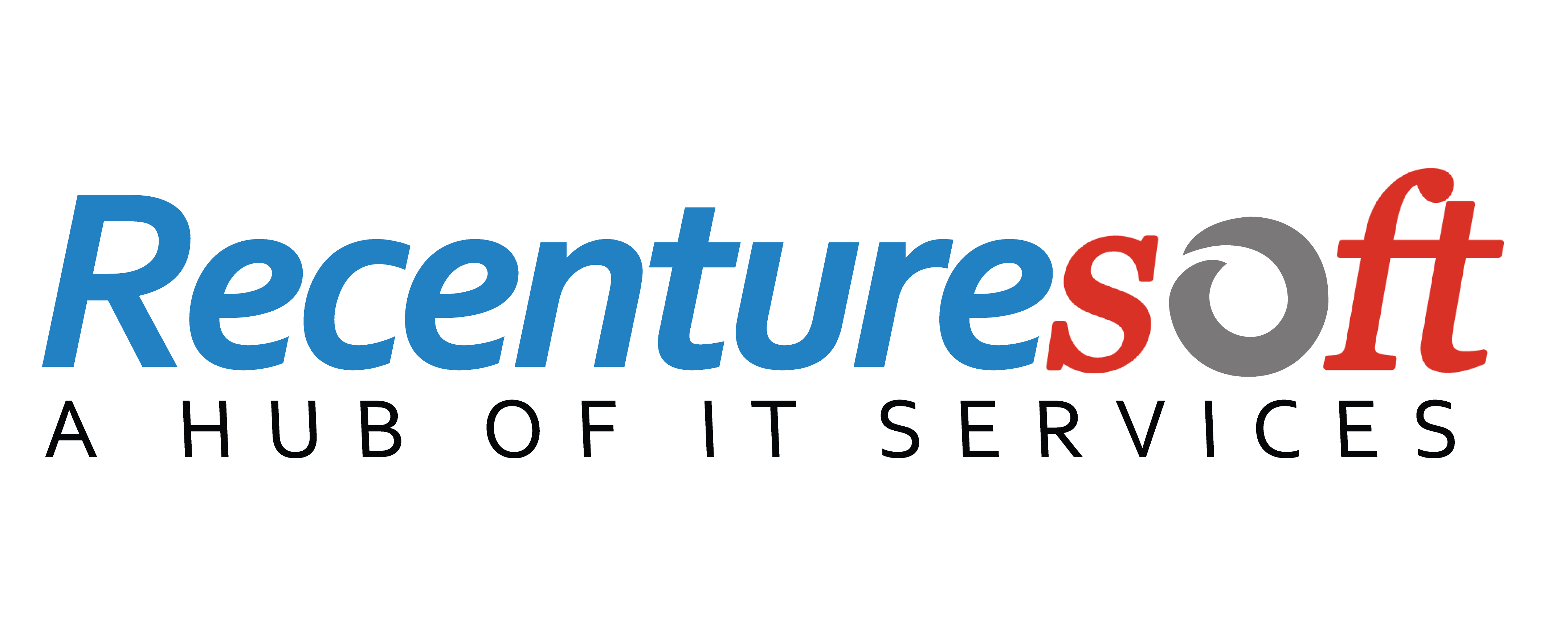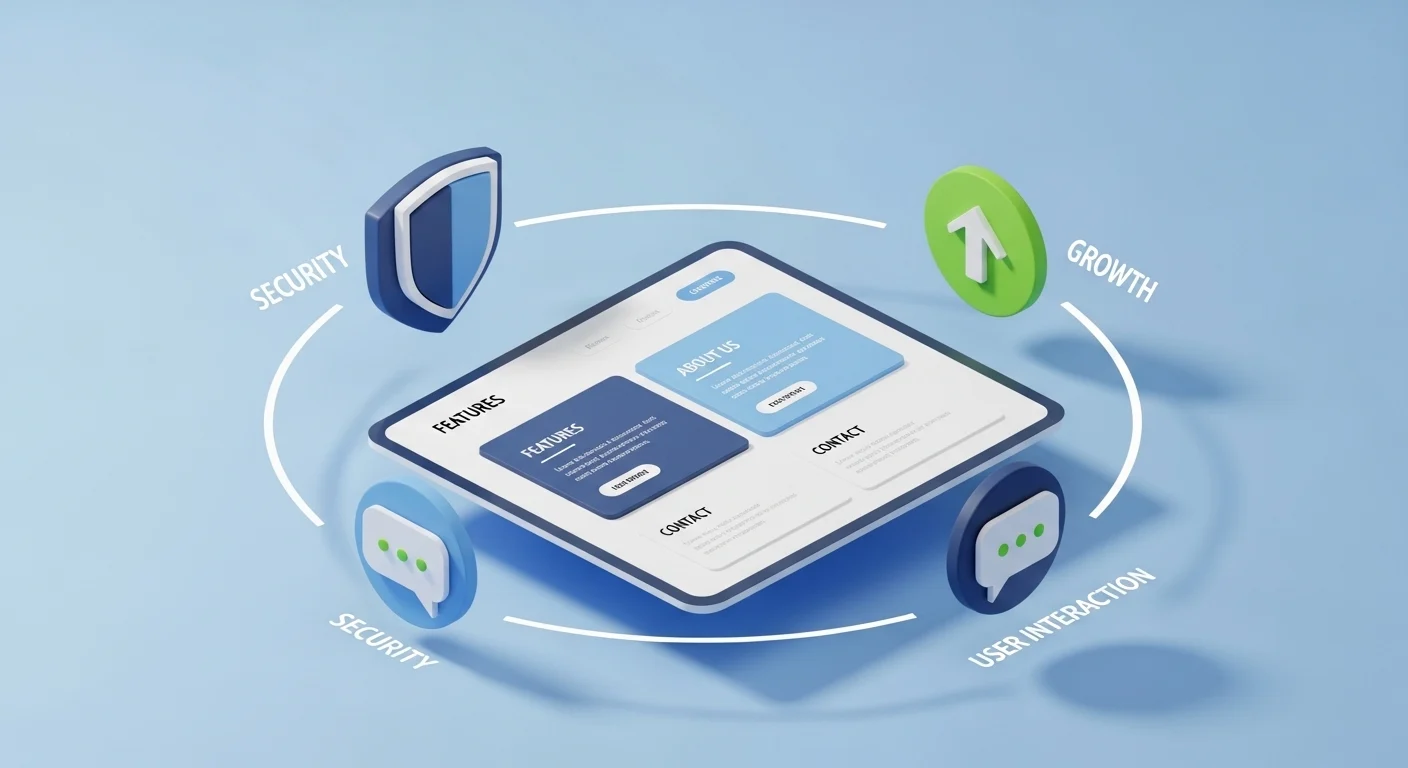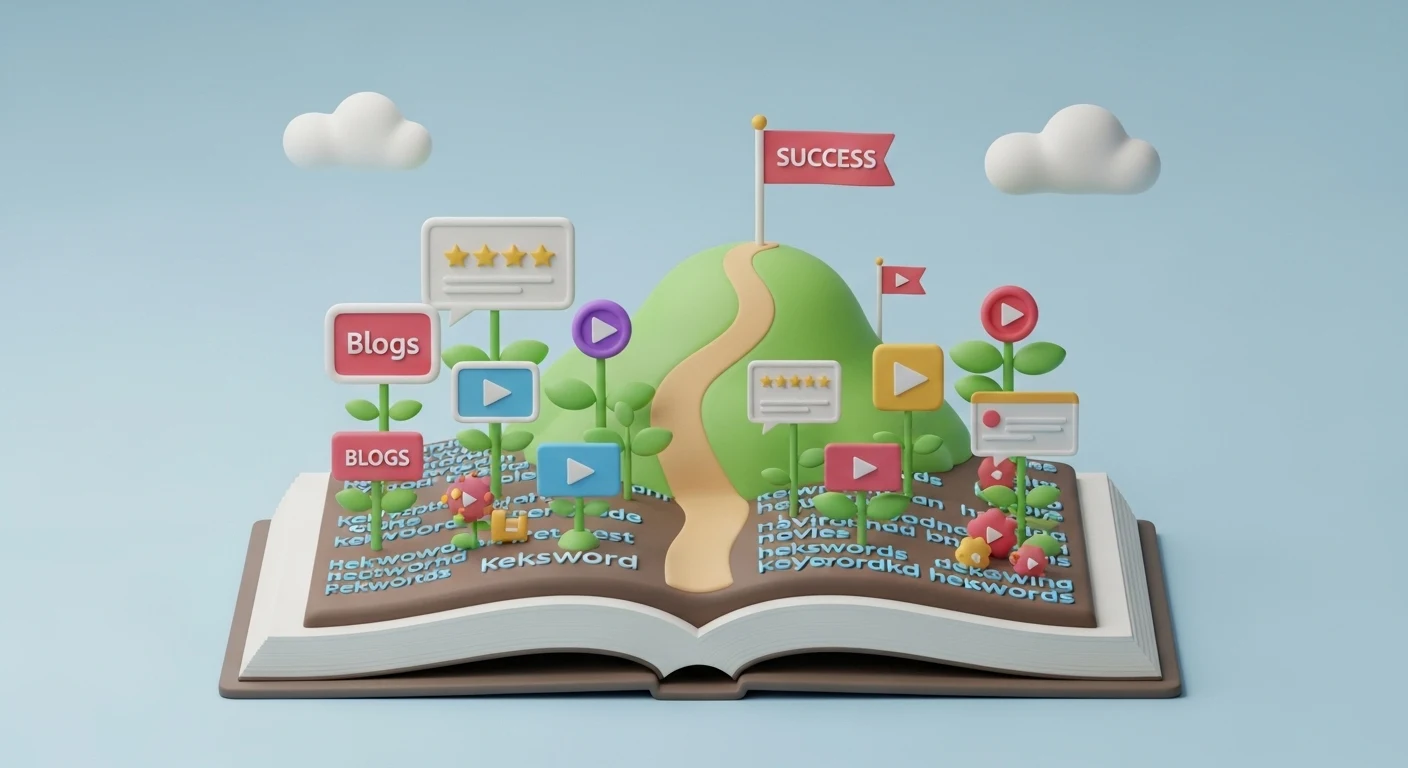Python is a beginner-friendly backend programming language. It is simple to learn. You can write a valuable tool in Python even if you haven't taken a computer science class. You don't have to engage with the lower-level elements of programming, including such memory management, because it's high-level. It could be used to write scripts, scrape websites, and create data sets. Python is widely used in the research world for scientific computing, and libraries exist to make sharing academic code initiatives in Python simple. Python is a web programming language. Hence, it uses the internet to communicate. It can send or receive web requests as well as communicate with databases.
This class of programming languages would not require your help to declare the type of value a function returns or the type of a variable before you generate it when you describe it. Python's community is friendly, well-kept, and well-documented. It is crucial for a beginner!
Origin of Python
Guido van Rossum, a Dutchman, was focusing on an academic project called ABC to create a language for the latest coders in the mid-1980s. Van Rossum became engaged in language design as a consequence of his development of projects, and that's when he started to work on Python. He made some unexpected decisions that distinguish Python even today.
Python Indentation
Van Rossum made the unusual decision of making indentation important in programming languages. The idea didn't go over well with critics who thought this would make the dialect tough to use, but this characteristic is one of the reasons Python has become so decipherable and famous. The way you must write Python enforces better code style and readability.
Inspiring Responsible Coding
Python's design seeks to encourage programmers to make better choices, resulting in more comprehensible Python code. Even though indentation is imposed in Python, many other aspects of the language are not, so you must be a responsible programmer to write decent Python. Python, unlike Java, does not scream at you if you call a variable or function by a specific name, nor does it necessitate you to specify a type.
Python for Beginner
Python is so comprehensible that even though a company's entire code foundation isn't documented in Python, developers prefer to use it. If you join any software development team, Python will be a useful skill because you will know how to make something that would be well-maintained and well-received by your colleagues.
Python programmers are one of the highest-paid programmers, which is reassuring if you're thinking about pursuing a career in software development.
Uses of Python
Data visualisation - Data visualisation is a growing field of study. It takes advantage of many of Python's strengths once again. Python offers a wide range of graphing libraries with a host of features, in addition to its versatility and open-source status.
You can identify a library to fit your requirements, whether you want to create a simple visual analysis or a more engaging plot.
Program applications - This general-purpose language can read and develop file directories and create GUIs and APIs. Python can be used to create blockchain applications, video and audio apps, and machine learning apps.
Game development - Python has its usage in the game development industry, even though it is far from being an industry norm. The programming language can be used to build simple games, making it an effective tool for rapidly creating prototypes. You can practise a set of skills and broaden your learning in several areas by doing so.
Language development - Python's elegant and simple design, as well as its syntax, has sparked the development of new programming languages. Python has a syntax similar to that of Cobra, Coffee Script, and Go.
Python is a beneficial gateway language as a result of this fact. So, if you're new to programming, knowing Python will make it easier for you to branch into other areas.
Finance - Python is becoming more widely used in finance, particularly in areas such as identification and quantification. It can be a useful tool for predicting asset price trend lines and streamlining workflows across multiple data sources and also evaluating asset price trends and forecasts.
Python, as previously stated, is an excellent tool for working with large data sets, and there are numerous libraries available to assist with data compilation and processing.
This concludes our list of various applications of Python programming. As you can see, this popular language has a wide range of applications, as well as a large support network and a diverse set of libraries.
There are numerous reasons why you should begin learning Python. It's a future-proof and in-demand skill that's needed in a variety of fields.







